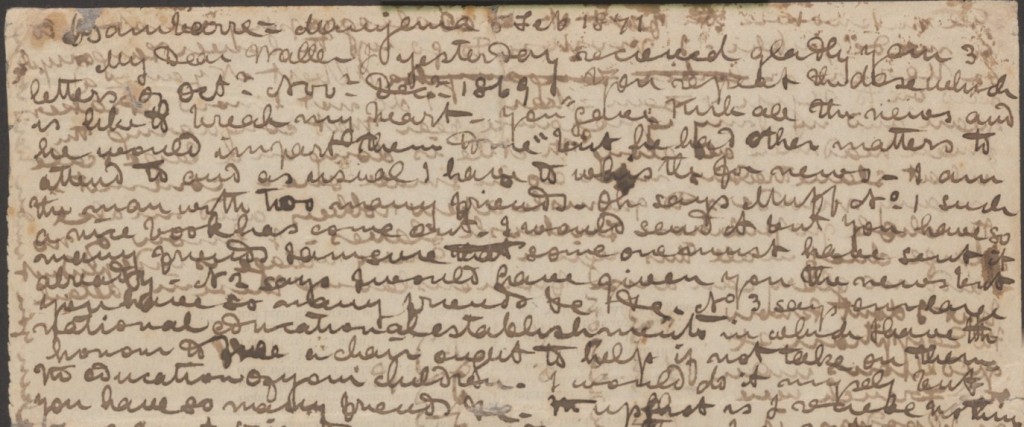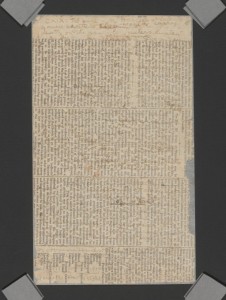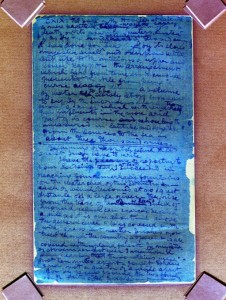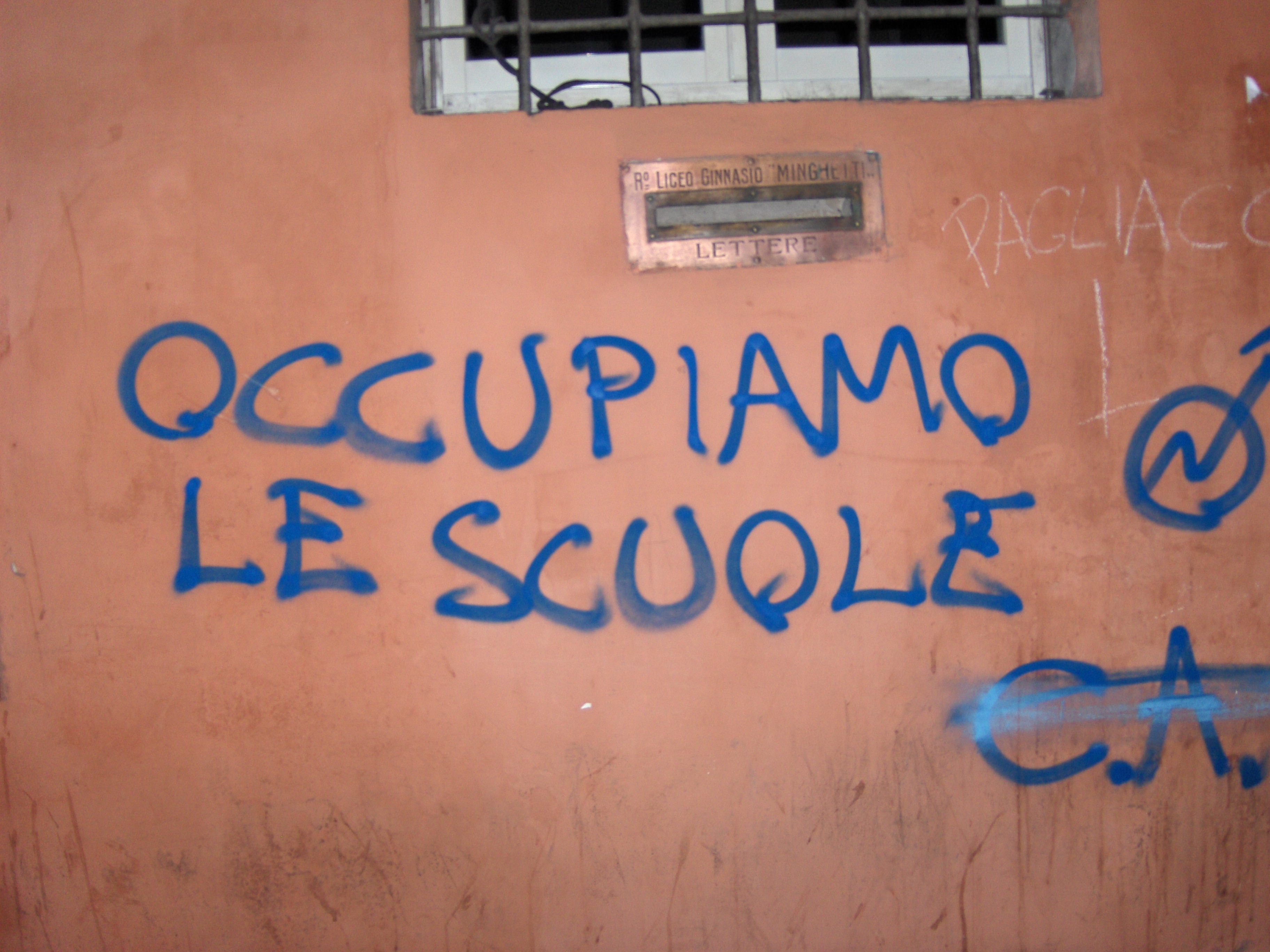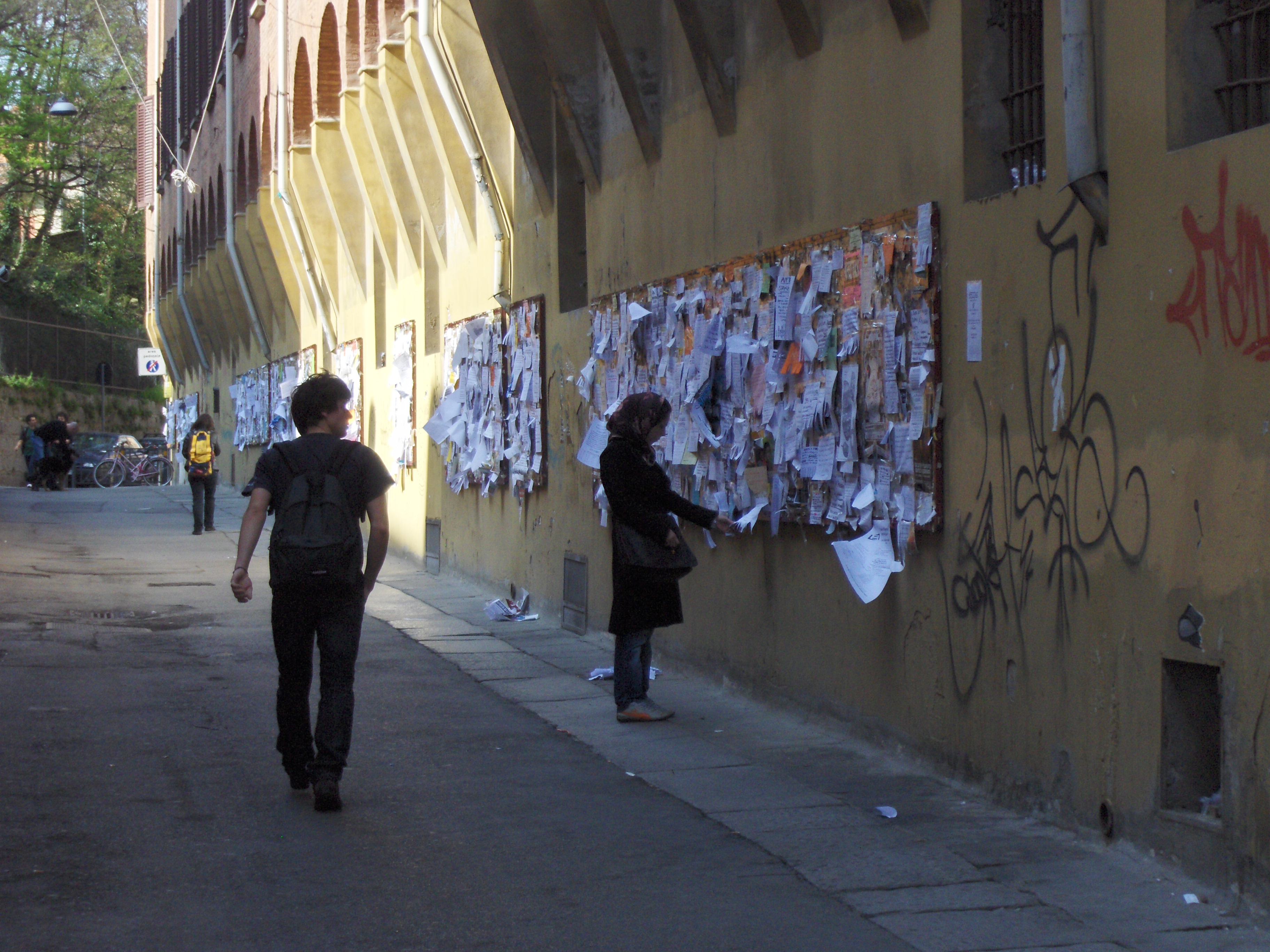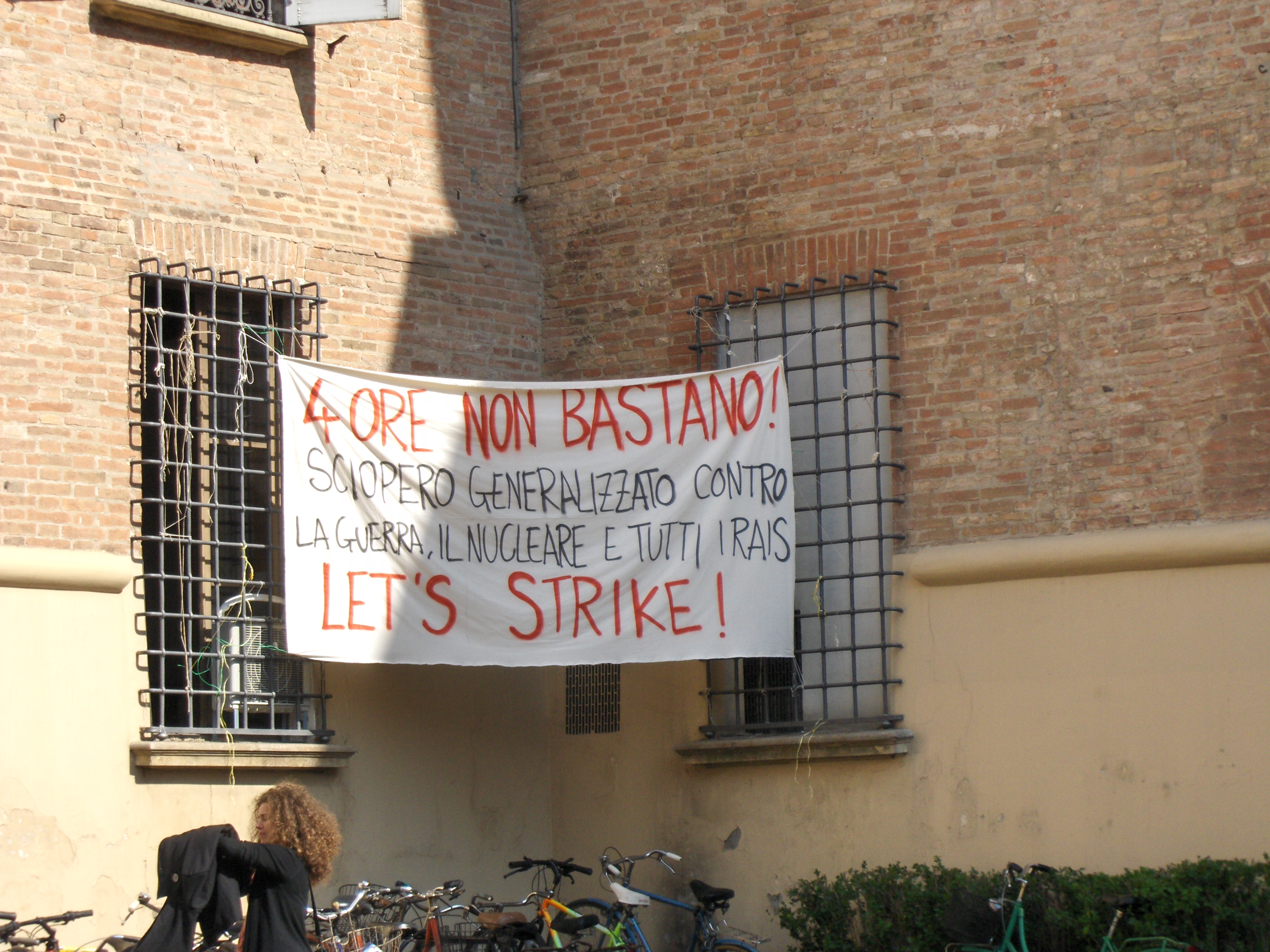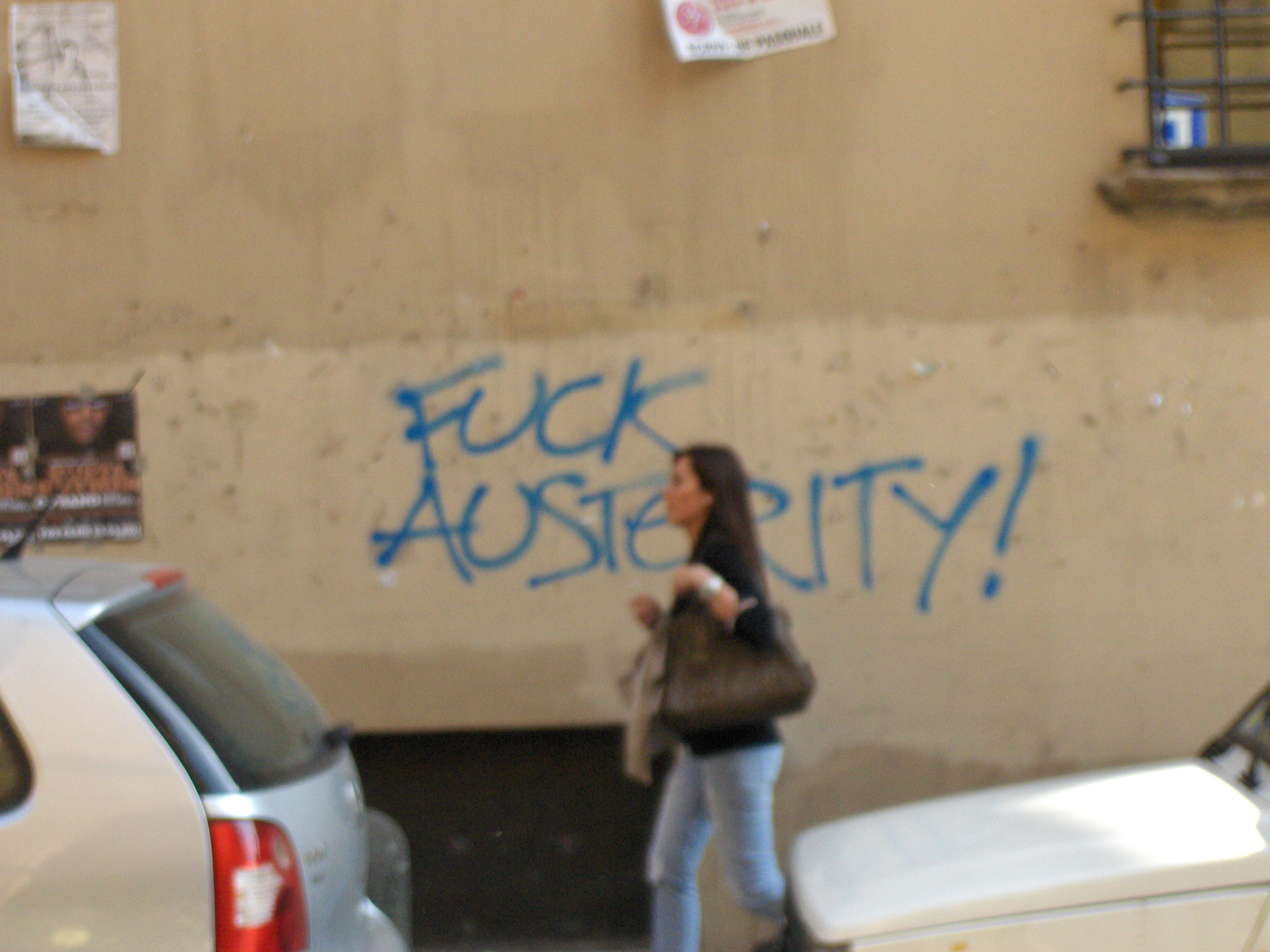Seminars take place on Thursdays within term at 5:30 in S-R24 in the Faculty of English, 9 West Road, Cambridge.
For more information, contact Daniel Wakelin, Faculty of English (dlw22@cam.ac.uk) or Sarah Cain, Corpus Christi College (stc22@cam.ac.uk).
5 May Professor James Raven (University of Essex): The Sites of Printing and Bookselling in London in the Eighteenth Century
19 May Reading group on recent work on paratexts and the history of the book. Texts for discussion (below) are online via the Faculty Library’s CamTools site: please email Sarah Cain (stc22@cam.ac.uk) for further details or hard copy.
– William Sherman, ‘On the Threshold: Architecture, Paratext, and Early Print Culture’, in Agent of Change: Print Culture Studies after Elizabeth L. Eisenstein, ed. Baron/Lindquist/Shevlin (Amherst, 2007), 67-81; and
– Franco Moretti, ‘Style, Inc. Reflections on Seven Thousand Titles (British Novels, 1740-1850)’, and Katie Trumpener, ‘Critical Response I: Paratext and Genre System: A Response to Franco Moretti’, Critical Inquiry, 36 (2009), 134-74.
